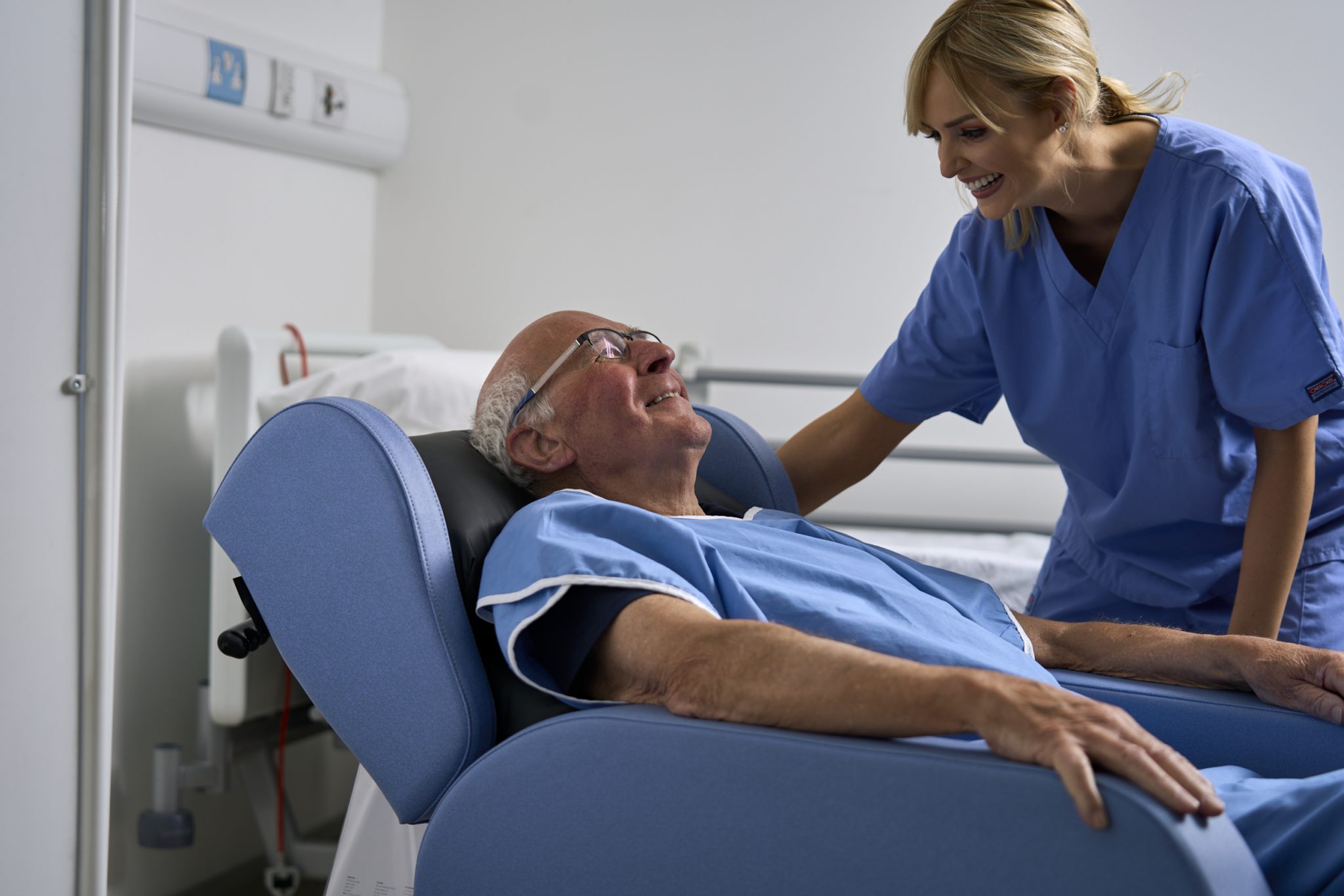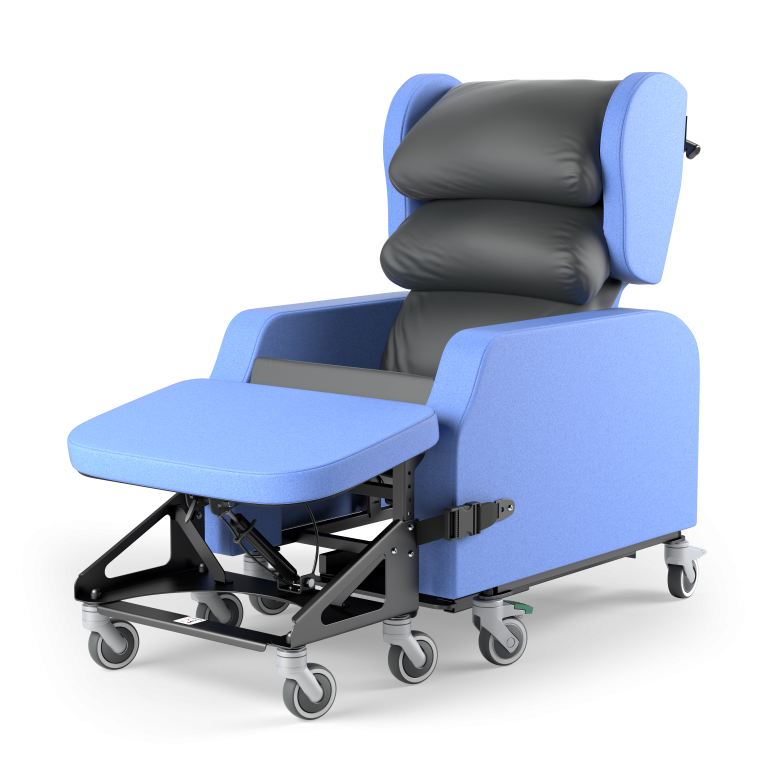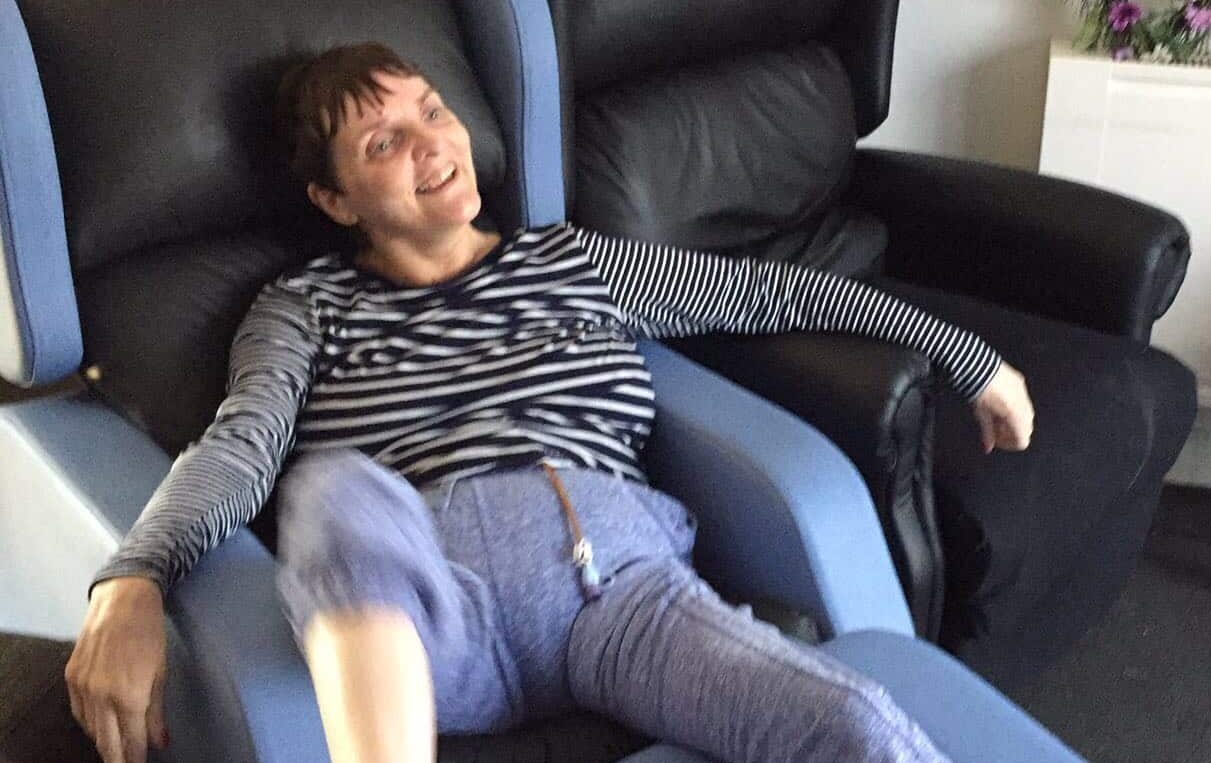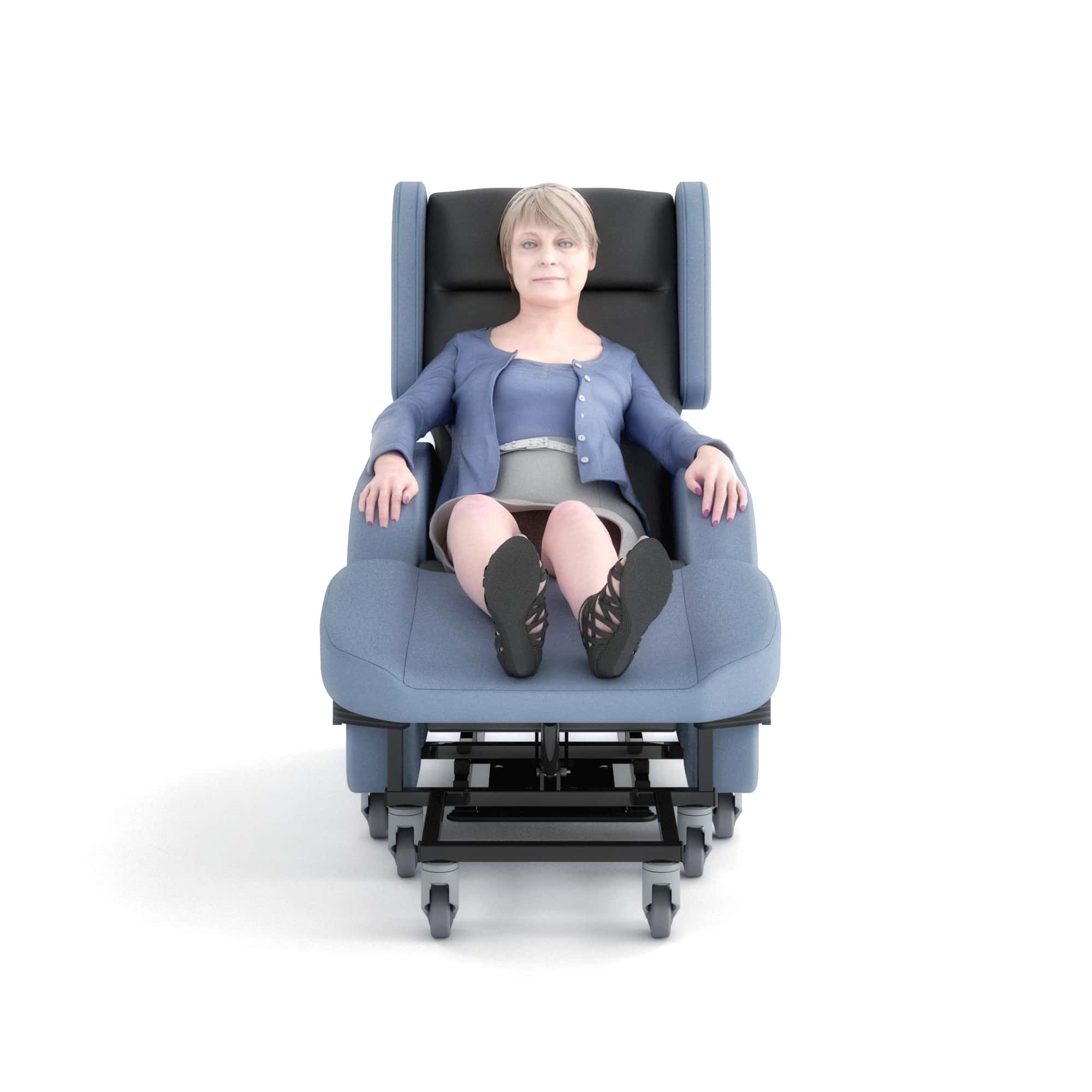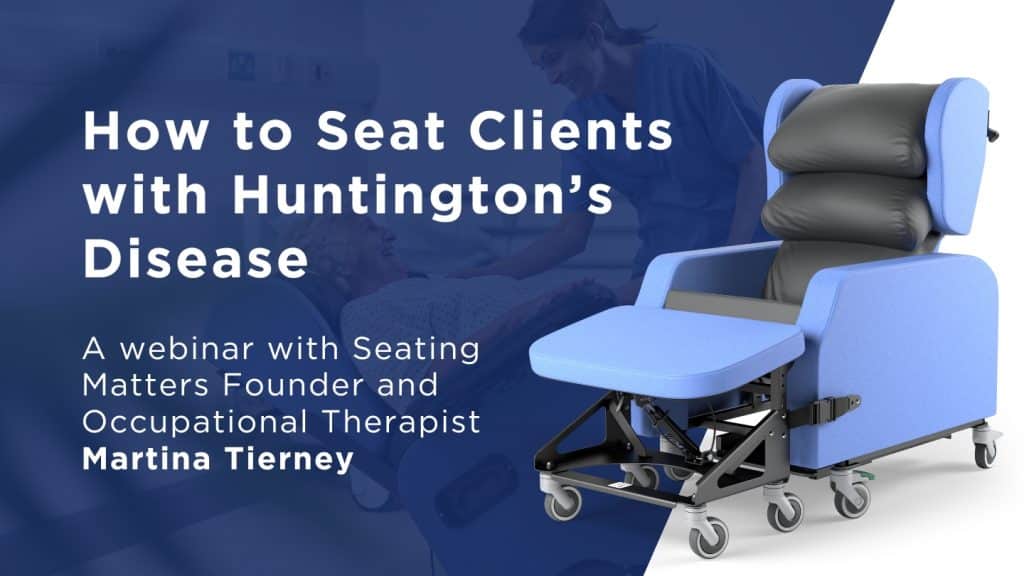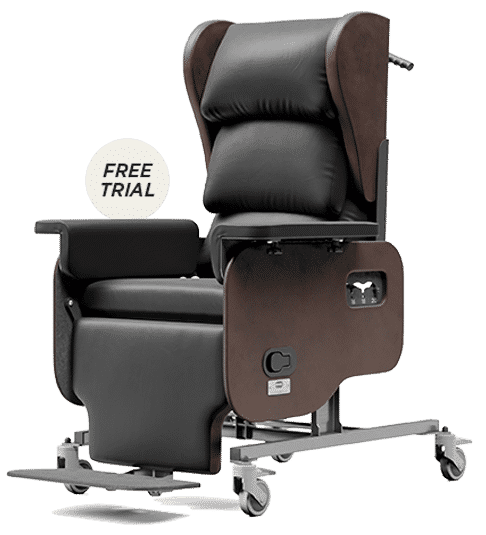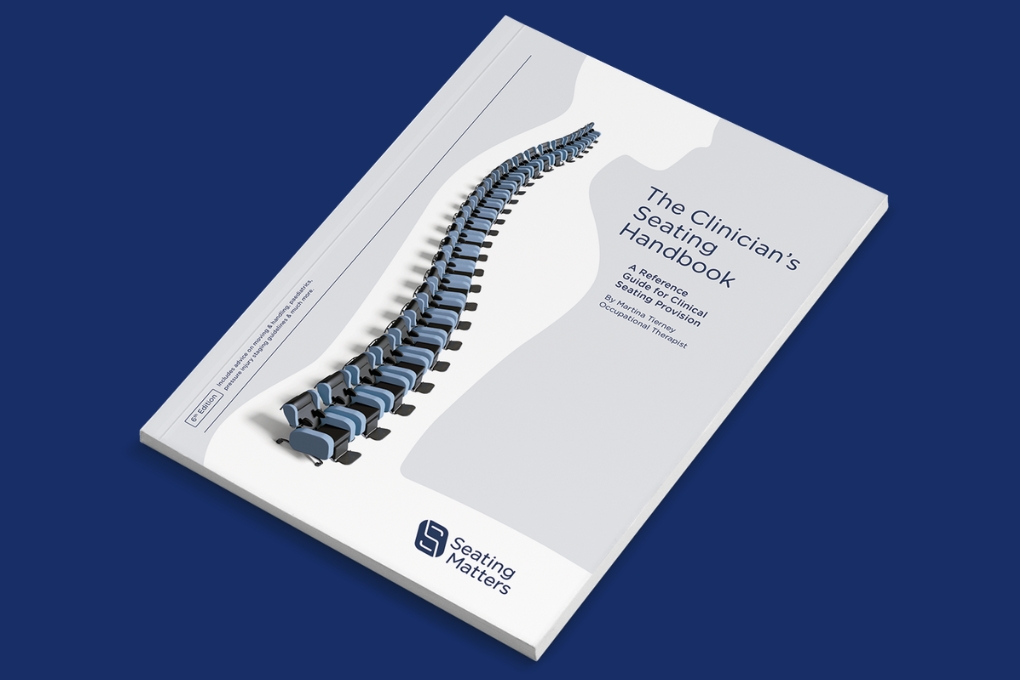A Chair for Anne Marie With Huntington’s Disease
Anne Marie has Huntington’s Disease and requires 24 hour care. She was sliding and falling every few minutes from her old arm chair, often ending up on the floor. Not only was this dangerous, it also meant she couldn't be left unattended for more than a few minutes. Swapping to the Seating Matters Atlanta chair had a huge impact on the lives of both Anne Marie and her family - her son, Liam, and his partner, Victoria. In their words, "it's the best chair we've ever had for her". This is Anne Marie's story.

